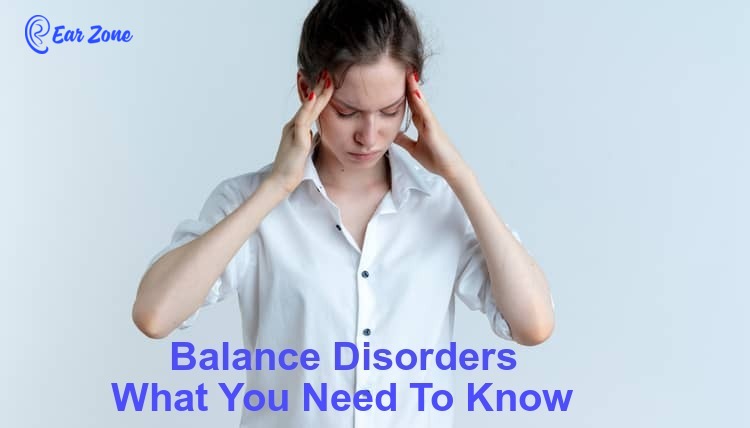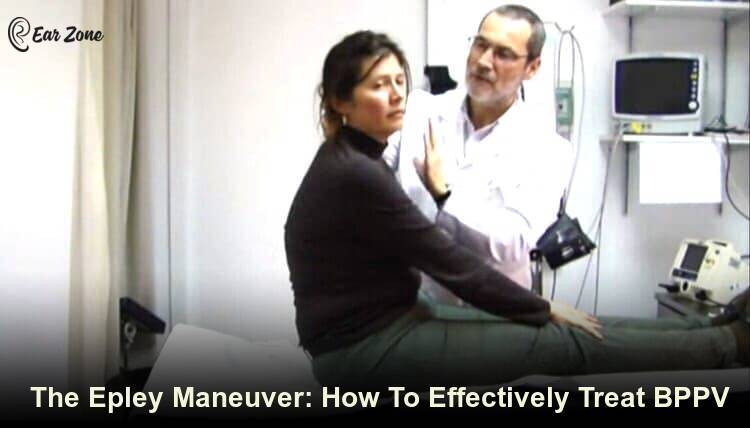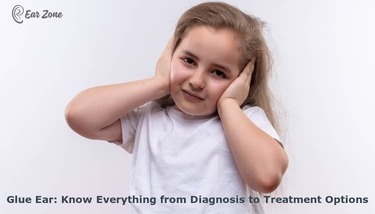
By Dr. Jessica Hinson, Au. D. University of South Alabama
Know more about Dr. Jessica Hinson
If you are one of the millions suffering from tinnitus, it is a challenging condition to manage. But don’t lose hope, there are several tinnitus treatment options and tinnitus management strategies that can provide relief and improve your quality of life. In this article, we will explore 14 tinnitus treatment options. We will cover a wide range of solutions, from lifestyle changes and sound therapy to alternative treatments to suit your needs.
Is Tinnitus Curable?
Unfortunately, there is no cure for tinnitus, but you don’t have to suffer in silence. A lack of cure does not mean that there is no treatment. The available tinnitus treatments attempt to reduce tinnitus but are not permanent cures. These tinnitus management techniques reduce the loudness of tinnitus and make it less bothersome, thereby offering increased comfort and relief.
Tinnitus Treatment Options
We have compiled details of 14 tinnitus treatment options that may provide relief.
1. Tinnitus Retraining Therapy
Tinnitus retraining therapy (TRT) is a widely used tinnitus treatment option. TRT therapy for tinnitus retrains or conditions the brain such that it does not react strongly to ringing in your ears. Tinnitus retraining therapy is a habituation therapy for tinnitus.
2. Cognitive Behavioral Therapy for Tinnitus
Research on CBT for tinnitus1 shows that it is not tinnitus or loudness, but your perception or your response to tinnitus that determines how bearable or tolerable the sound is.
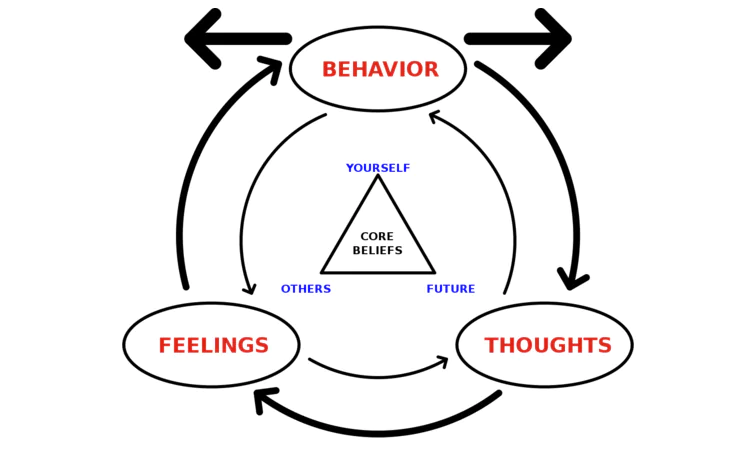
With the help of cognitive behavioral therapy, the therapist changes your thought process and perceptions. The therapist identifies the negative and detrimental thoughts that are the cause of your anxiety and depression and replaces them with positive and more realistic thoughts.
3. Sound Therapy for Tinnitus
Although tinnitus is an internal sound, its effects can be counteracted by external sound devices. The following sound therapy methods are effective in reducing tinnitus.
3 i. Hearing Aids for Tinnitus Masking
In 75% of cases, people with tinnitus also have some hearing loss. Hearing aids with masking features are ideal for such situations. In addition to providing amplification to compensate for hearing loss, these hearing aids produce tinnitus masking sounds to mask tinnitus noise.
It is important to see an audiologist to determine the type and severity of hearing loss, pitch and loudness of tinnitus, and if hearing aids are effective in masking tinnitus. Read our article on do hearing aids help tinnitus? A complete guide.
3 ii. Tinnitus Notch Therapy
Tinnitus notch therapy is a recent development in tinnitus management. The earlier method used was to mask tinnitus noise. The new method does not mask the tinnitus sound, but pushes it into the background.
3 iii. Tinnitus Masking Sounds
Tinnitus masking sound apps is one of the home remedies for tinnitus. You can download free and paid apps on your smartphone. Try out the various tinnitus masking sound apps and select the one that gives you the maximum relief. You can download and save more than one tinnitus app on your smartphone and use it as needed.
Check the various tinnitus masking sounds on the American Tinnitus Association website.
4. TMJ Disorder
Temporomandibular joint disorder, commonly known as TMJ disorder, is a cause of tinnitus in some cases. The temporomandibular joint connects the jaw to the skull.
The TMJ treatment is performed under the supervision of a chiropractor or a dentist. Get answers to your TMJ for tinnitus frequently asked questions.
5. Physical Therapy for Tinnitus
Physical therapy for tinnitus is effective in reducing tinnitus in patients with cervical tinnitus. Cervical movements and muscle contractions of the neck provides relief. The movement should normalize cervical spine mobility. Stretching of tense muscles of the neck also reduces tinnitus.
Physical therapy for somatic tinnitus is performed under the supervision of a chiropractor or a physical therapist.
6. Meditation for Tinnitus
Stress is very common due to work pressures and lifestyle changes. Our body releases certain chemicals in response to stress, and continuous secretion of these chemicals is harmful and can aggravate tinnitus. Techniques such as mindfulness, meditation, yoga, and other relaxation exercises can help manage stress levels and potentially reduce tinnitus intensity.
7. Transcranial Magnetic Stimulation for Tinnitus
TMS for tinnitus is a non-invasive treatment option that uses magnetic pulses to stimulate specific areas of the brain. It has shown promise in reducing tinnitus symptoms by modulating the abnormal neural activity associated with tinnitus.
Note: TMS is approved by the FDA for depression but not for tinnitus treatment. Research has shown that while reduction in severity of tinnitus is possible, the affects are small and vary widely among patients.
8. Pulsatile Tinnitus Treatment
Pulsatile tinnitus is a type of tinnitus characterized by a rhythmic sound that is synchronous with the heartbeat. It is often caused by underlying vascular conditions such as high blood pressure or abnormal blood flow in the head and neck.
Treating the underlying causes of pulsatile tinnitus can give relief from tinnitus. The cause can be evaluated by your primary care physician or cardiologist.
9. Neurofeedback for Tinnitus
Recent developments suggest that neurofeedback (NFB), a method already popular in the treatment of other psychological and neurological disorders, may be suitable for tinnitus treatment.2
Neurofeedback for tinnitus is a non-invasive method that is generally based on electrophysiological recordings and visualization of certain aspects of brain activity.
Feedback enables patients to voluntarily control their brain activity and triggers them to unlearn typical neural activity patterns related to tinnitus.
10. Vagus Nerve and Tinnitus
This Vagus nerve stimulation method involves sending mild pulses of electrical energy to the brain via the vagus nerve.
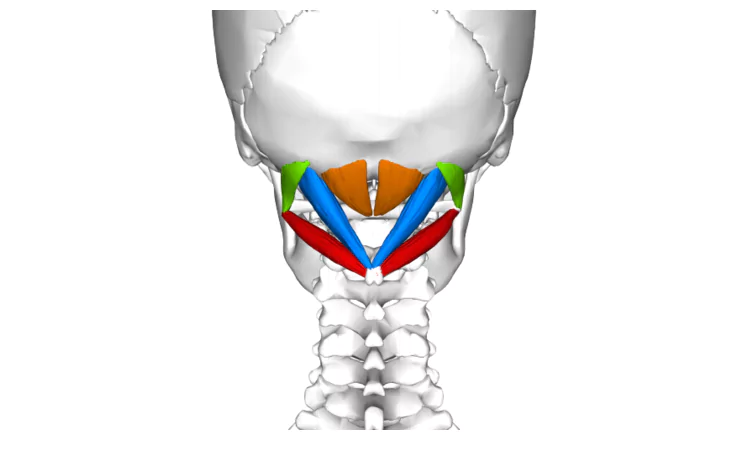
Neuromodulation by Vagus nerve stimulation has emerged as a new treatment option for tinnitus; however, its effectiveness remains unclear. Further studies are needed to review the effect of Vagus Nerve Stimulation on tinnitus distress and tinnitus symptom severity in patients with chronic tinnitus.4
11. Music Therapy for Tinnitus
In a study by Miriam Grapp, Elisabeth Hutter and, others, music therapeutic intervention according to the ‘Heidelberg Model’ was evaluated as a complementary treatment option for patients with acute tinnitus for whom medical treatment only brought minimal or no improvement.
12. Lifestyle Changes
Lifestyle changes can help to lower the intensity of tinnitus. The following suggestions are easy to follow and effective for tinnitus treatment.
12 a. Healthy Diet
Certain foods and drinks, such as caffeine and high salt content, can worsen tinnitus in some people as they reduce blood flow to the small parts of the inner ear. Alcohol consumption is known to trigger tinnitus. Maintaining a balanced diet and staying hydrated can contribute to overall health and potentially reduce tinnitus symptoms.
12 b. Exercise
Regular physical activity can help to reduce tinnitus symptoms. Exercise improves heart rate and blood flow to the parts of the hearing system that are connected by small capillaries.
12 c. Vitamins and Minerals
Food containing Vitamin B12, Vitamin D, and proteins reduces tinnitus. Avoid food rich in fat, iron, and calcium.3
12 d. Stress Management
Stress is very common due to work pressures and lifestyle changes. Our body releases certain chemicals in response to stress, continuous secretion of these chemicals is harmful and can aggravate tinnitus.
12 e. Sleep Hygiene
Lack of sleep or poor sleep quality can worsen tinnitus symptoms. Establishing a regular sleep schedule, creating a restful environment, avoiding caffeine intake, and avoiding a mobile phone or laptop before bedtime can improve sleep quality.
12 f. Avoid Loud Noises
Exposure to loud noise can worsen tinnitus. It is important to protect your ears by using earplugs or earmuffs in noisy environments and keeping the volume down when using headphones.
13. Yoga for Tinnitus
Yoga for tinnitus is a powerful and effective method that not only helps reduce the symptoms of tinnitus but also promotes overall well-being. From simple breathing techniques to gentle stretches and balancing poses, these exercises can help reduce stress levels, improve blood circulation, and cultivate a sense of inner calm.
Read our article on selected Yoga for tinnitus asanas and Pranayams for relied from tinnitus.
14. Complementary and Alternative Tinnitus Treatments
14 i. Acupuncture for Tinnitus
Acupuncture is effective in reducing the loudness and severity of tinnitus and can be a useful treatment for non-pulsatile chronic tinnitus.
14 ii. Ginkgo Biloba for Tinnitus
Ginkgo biloba has antiplatelet and vascular modulatory effects. In other words, it improves blood flow and appropriately regulates vascular tone. Vascular problems are one of the suggested causes of tinnitus. Most research does not prove this effective, but it may serve as a placebo effect.
14 iii. Homeopathy for Tinnitus
Although homeopathy cannot cure tinnitus, it may help improve symptoms in some individuals, depending on the underlying causes.
14 iv. Hypnosis for Tinnitus
Hypnosis practitioners claim a success rate of 70% in their promotional material. Although evidence suggests that hypnosis provides a benefit to some people, how this benefit compares to more mainstream approaches is not yet clear.
14 v. Hyperbaric Oxygen Treatment for Tinnitus
In a trial, it was deduced that Hyperbaric oxygen treatment for tinnitus is recommended and warranted in patients with idiopathic sudden deafness, acoustic trauma, or noise-induced hearing loss within three months after the onset of the disorder.
We have explored various tinnitus treatment options, each with its own unique approach and benefits. The effectiveness of these treatments can vary significantly from person to person. It is important to remember that what works best will depend on your circumstances, and it may take some trial and error to find the most effective tinnitus treatment for you.
It is important to consult a healthcare provider before starting any new treatment or therapy. They can provide guidance and advise you on the most effective approach based on specific situations and needs.

